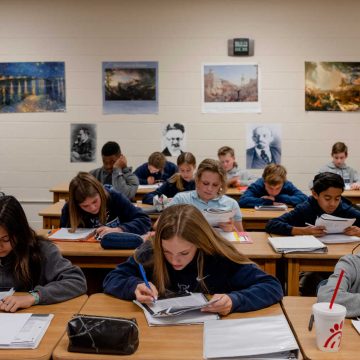While many teachers would report that their workload is already overwhelming enough, their willingness to serve often extends into positions in clubs, coaching opportunities, committees, conferences, mentoring and other forms of extracurriculars that they have interest in outside of the classroom. Though these opportunities, much like the work they do in their teachings day-to-day, will be fulfilling, they will always place an even greater imbalance on the work-life balance of the teachers involved. Understanding that a lack of time for oneself is detrimental to maintaining a self-care routine that is actually effective, sometimes the extracurriculars have to take less of a priority. Teachers need to understand that the willingness to say no can ensure that they’re not over committing their time to others. The ability of teachers to optimize the time they have outside of the classroom as their own, is directly related to a healthier work-life balance. For more information on the self-care strategies meant to reset and recalibrate teachers struggling with their work-life balance, check out the tips found in the infographic paired alongside this post.
Check out Teacher Self-Care 101, provided by Curriculum Associates; an organization specializing in providing your student a personalized phonics based reading program.

















